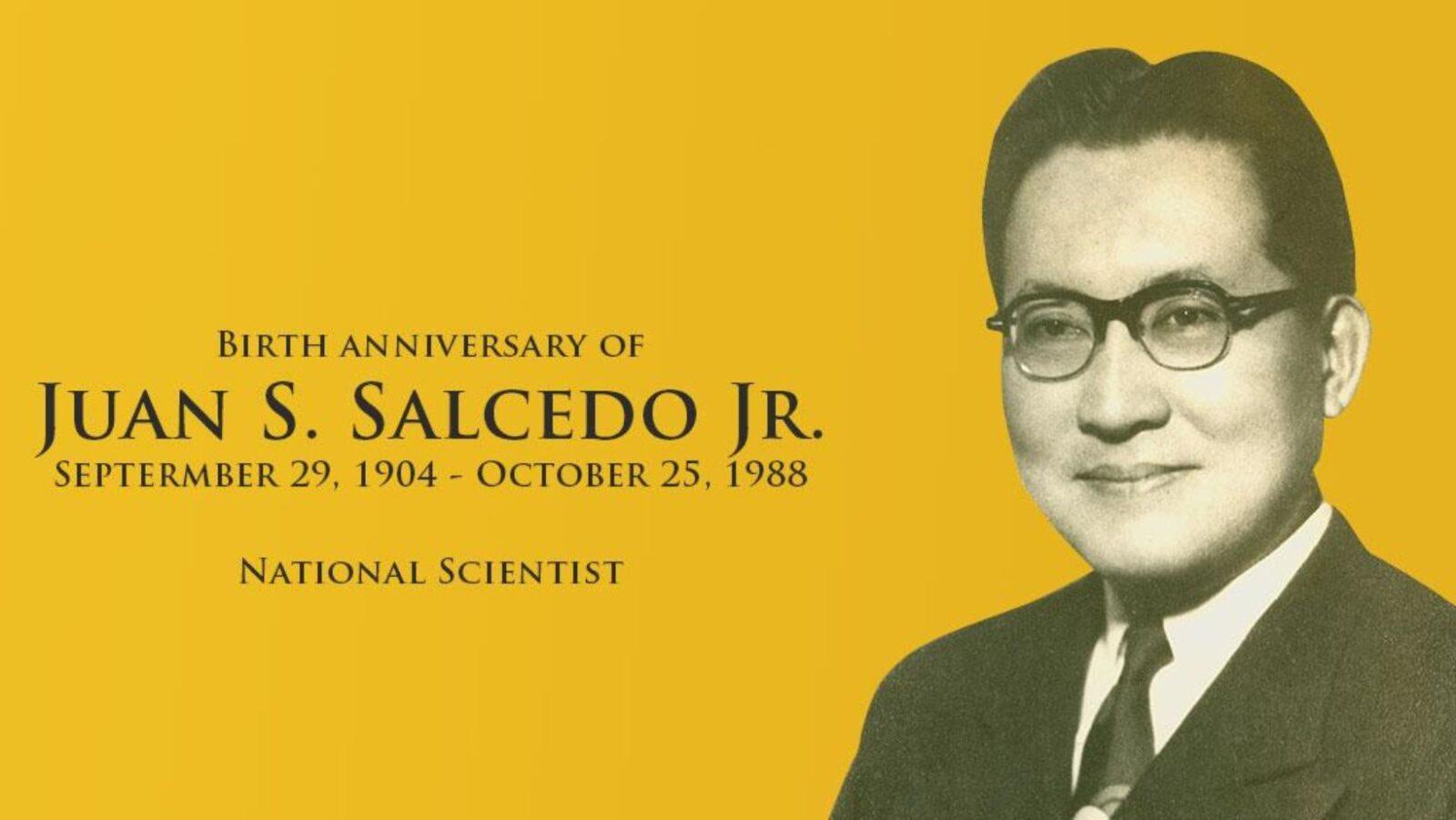Are you the type who believes that their zodiac sign will help them get a date? Astronomers would like to have a word with you.
This is the second installment of our two-part series on Valentine’s Day.
So Valentine’s Day has passed, and you still don’t have a date. After multiple trials of verifying Newton’s Law of Universal Gravitation (see Part 1 here), all you’ve learned is that maybe this Newton guy isn’t as good as we all give him credit for.
Fortunately, there’s still hope for you this month, because physics isn’t the only science that’s got moves.
Science and signs
Astronomy is the oldest science, with early records dating back to over 5000 years ago. Even back then, there was something intrinsically romantic about staring at the stars.
Way before today’s stargazing technology, Kepler, Galileo, and other brilliant minds tried to explain the way the heavens move. This has paved the way for the laws of planetary motion that we ascribe to today.
Due to the intangible nature of astronomy, and perhaps biases introduced by the ephemeral appeal and reverent appreciation that comes with dreaming about stars, the history of astronomy is paved with many scientific revolutions, or paradigm shifts that debunk beliefs that were previously agreed upon.
From the geocentric model to the existence of an aether, these misconceptions have been debunked through the development of the scientific method, forging astronomy into a far more objective field than it was at its conception.
Still, it is difficult to discuss the origins of astronomy without considering its less scientific, unobjective cousin, astrology. If we’re talking about love and the stars, astrology is perhaps the more relevant lens to look through.
Even though the generally accepted scientific consensus dictates that your zodiac sign says just as much about your future and love life as whatever you had for breakfast (ie. nothing), many people still read their horoscopes with a fervor that could almost be described as religious.
Many say that the zodiac is a Babylonian invention. Dividing the celestial sphere into twelve thirty-degree segments, the zodiac provided a rudimentary framework for the estimation of a planet’s celestial position. These divisions are somewhat arbitrary, and the Babylonians in fact ignored a thirteenth constellation, Ophiuchus, to follow their twelve month calendar.
Written in the stars? Not really
Still, the zodiac’s primary function was as a basic framework for the way we map out the heavens.
So why is it that Aquarians everywhere are waiting for the stars to align in their favor and a Sagittarius to show up at their door?
The secret is simple: cliches.
Horoscopes rely on broad, generic statements that can easily apply to everyone. A key concept for the development of scientific knowledge is falsification, or the ability to prove that something isn’t true.
As the vagueness of astrological knowledge makes this impossible, it is difficult to ascertain any “findings” in this field. Why wouldn’t today be a good day to step out of your comfort zone? For some reason, just because our horoscope feels accurate one day, we allow it to decide our actions on the next.
Thus, although astronomy and astrology were both born out of the same pursuit to understand our universe, they have diverged to form two completely separate disciplines. And in terms of scientific value, astrology is clearly the inferior body of knowledge.
So no matter how empowering your Valentine’s Day horoscope sounds, it really isn’t for the stars to decide who your date will be.
Seriously, just ask them out. –MF
Cover Photo: whats-your-sign.com
References
- https://www.sciencedaily.com/terms/astronomy.htm
- https://www.encyclopedia.com/science/science-magazines/astronomy-and-space-science-astronomy-emerges-astrology







